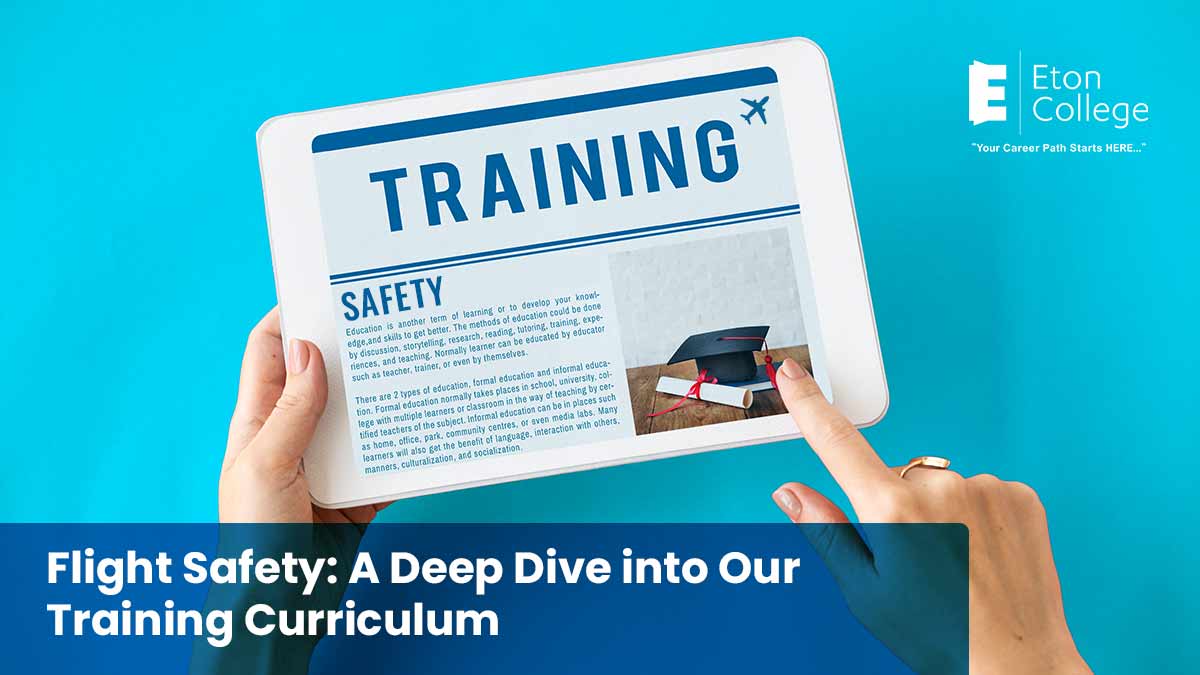At first glance, it may seem that studying at a public institution is the way to go. Tuition fees are less than the fees at private institutions. However, there is more to consider. In a public institution fees are charged per semester, not for an entire program; fees add up quickly over a period of time when it takes 8 semesters and 4 years to complete a Bachelor. And speaking of time, the old adage is still true, time is money. The longer it takes to complete your education the longer it takes to get a good job.
And since we are all looking for a “good job” it is important to consider who will be helping you find this “good job” after your studies. It may feel great to graduate from a huge public school but you are now on your own to find employment. On the other hand, private institutions have a responsibility to help you find employment; private institutions provide knowledge, skills and support with writing resumes and cover letters, finding job leads, answering tough interview questions, and demonstrating how you are the perfect match for your choice position.
There is no doubt that a degree is necessary and helps you move up the career ladder faster; a key factor is how long it will take you to get that degree. Sometimes the cost of a degree may actually be lower if you consider combining your education with 18 months at a reputable private college followed by an intensive program at a university. The accelerated pace means you are gainfully employed sooner. Is it possible to have your cake and eat it too? Let’s compare.
When you consider your earnings potential, things quickly turn in favor of private education. Add to that the easily forgotten fact that public universities have increased their tuition rates by 4% every year and their compulsory fees (for athletics, health services, student associations, etc.) by more than 5% annually, whereas many private colleges do not raise their tuition or compulsory fees automatically every year; things look even better for private schools.
Another factor to consider is the transition from high school to higher education. The sudden cultural shift alone is responsible for a large number of drop-outs from universities in the first couple years, as many students are caught unprepared for the rigors of university level academics. Needless to say, when that happens the students are left with a heavy financial disadvantage for getting their return on investment, because they still have to repay the student loan without the advantage of a degree or well trained job skills.
In this regard private colleges offer a buffer zone where students can transition from high school to higher education at an easier pace, with individual attention to quickly build up not just their academic competency but also their professionalism for the work life ahead.
If you are not sure which way you want to go and need to talk to someone about it, feel free to give us a call Eton College at 604-677-4431. We will happily offer a free consultation to figure out what makes the most sense for you.



